Restoring meaning. Hermeneutics and theology
The interpretive gaze is in the highest degree the path of the mind accompanying the word that guides it and makes it see. A common path of philosophy and theology, which - leading from the word to what the word is no longer, but makes it possible - involves a hermeneutical and phenomenological exercise at the same time. To seek the hidden meanings and to bring them to understanding means to put the interpretation in the situation of manifestation, in the privileged place of revelation, of unfolding. There the production of meaning is at the same time restitution of meaning, wasteful filiation but also grateful restoration.
If it is true that, symbolically, the meanings are presented in a multiplicity or constellation whose complex network invites plural (rival) interpretations, it is equally true that if we move our interest towards the anagogical meaning, it manifests itself as unique in its absoluteness. Even if, for example, Jesus speaks in several voices, in the...
Other books from Episteme
- 39 LEI
- 34 LEI
- 64 LEI
- 65 LEI
- 43 LEI
Customers Also Bought
- 47 LEI
- 35 LEI
- 15 LEI
- 18 LEI
- 10 LEI


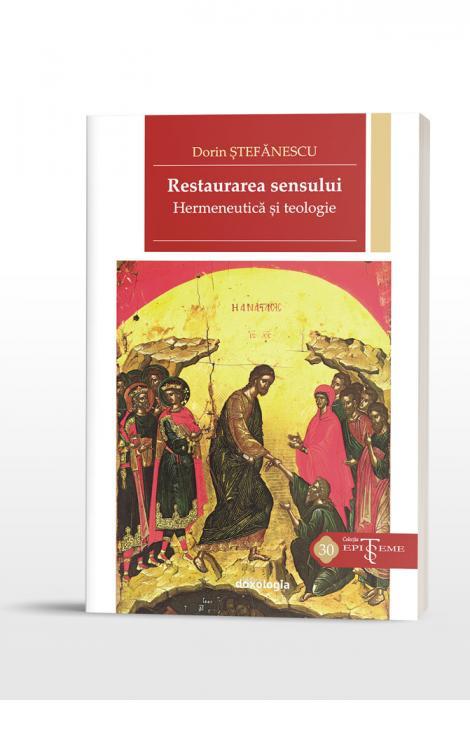

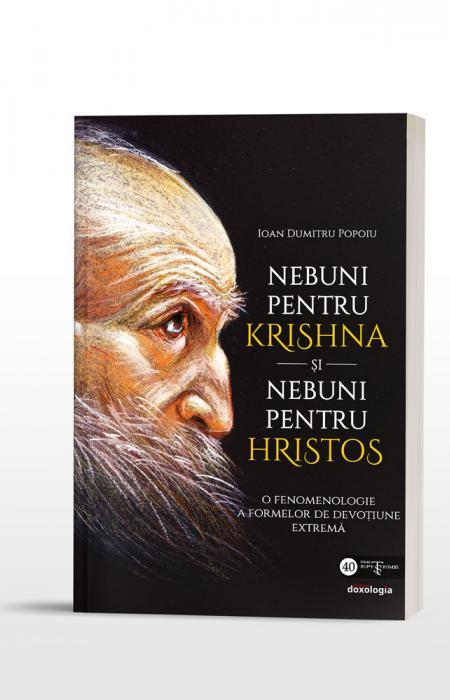


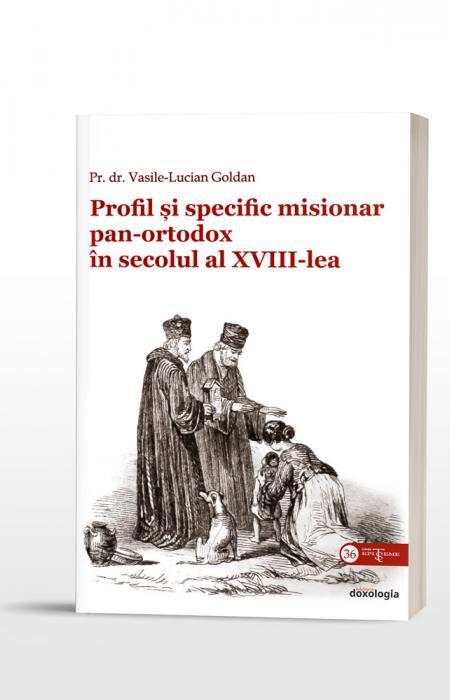
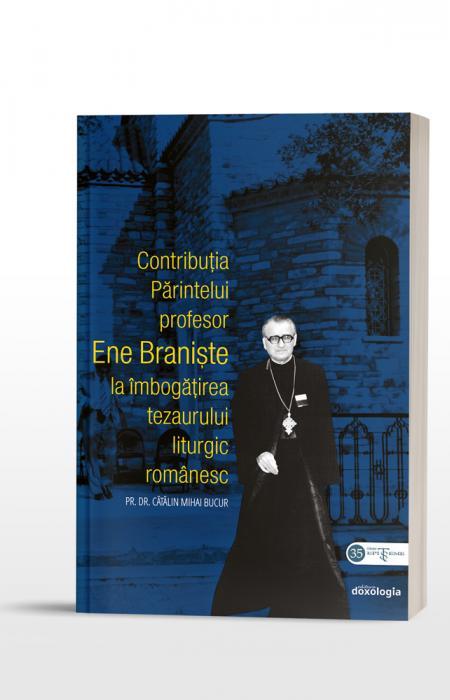

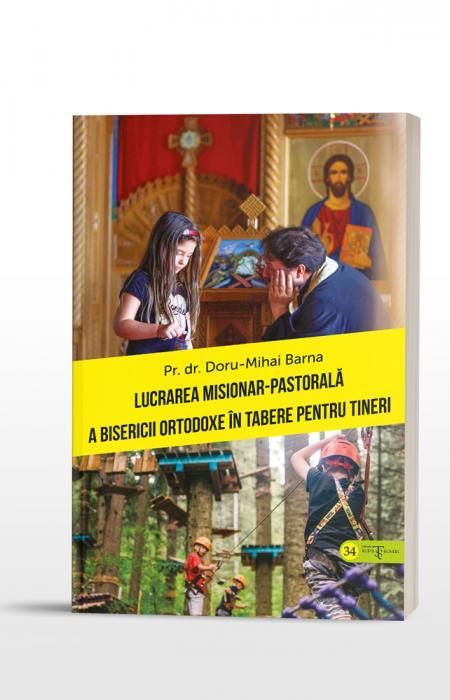

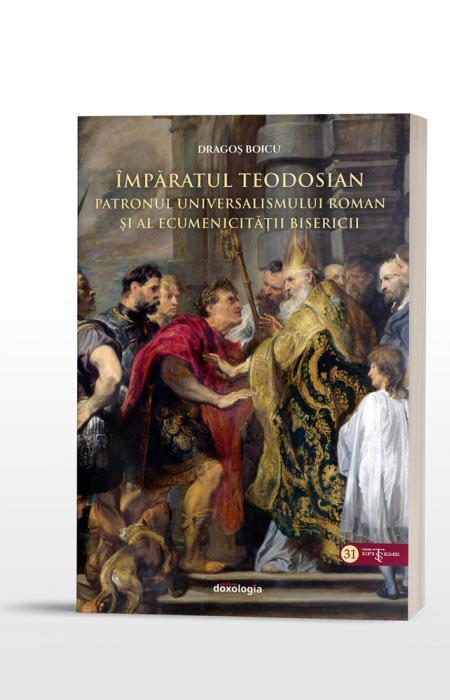
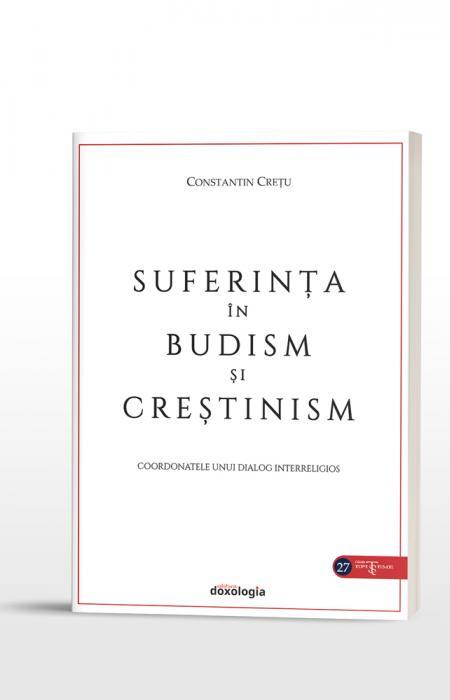
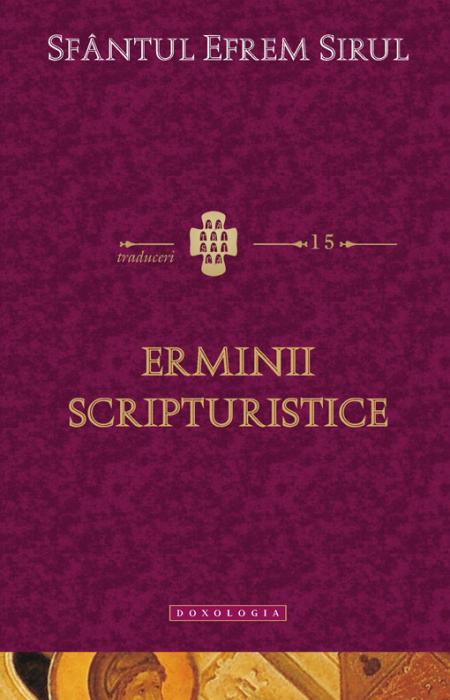


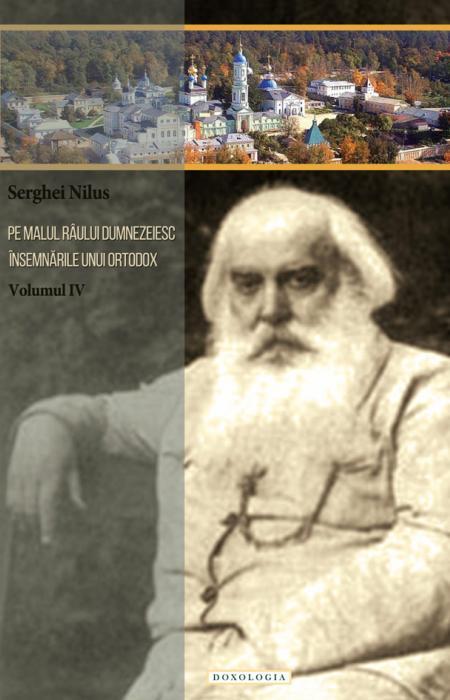
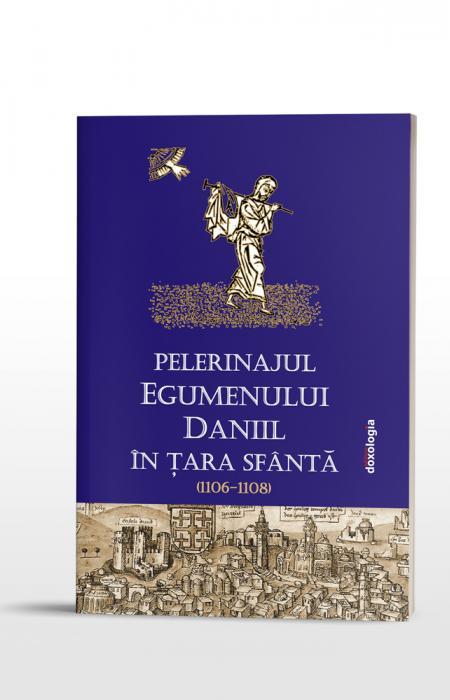


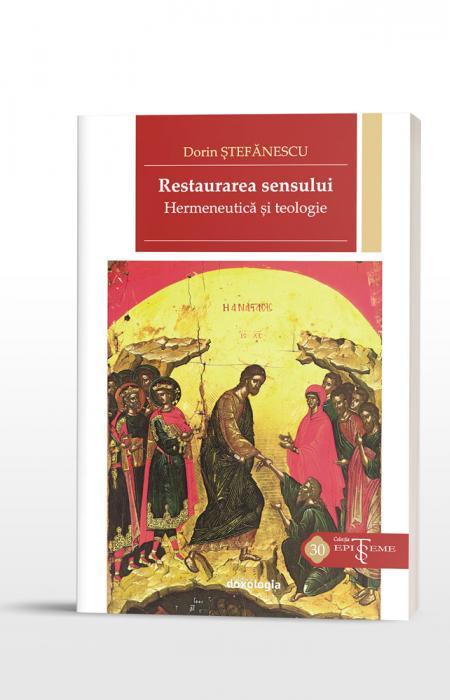
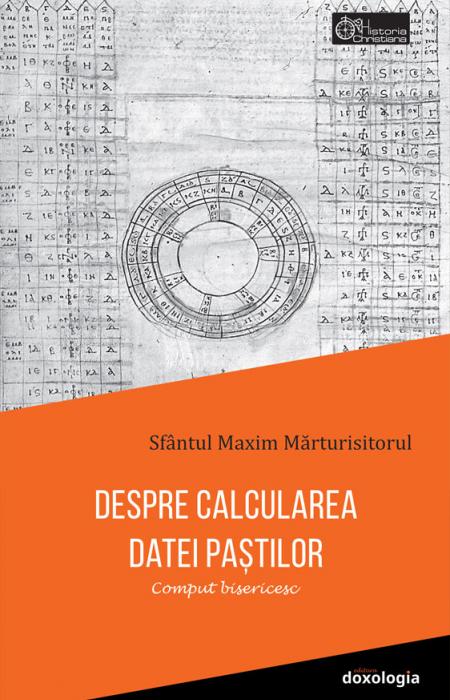
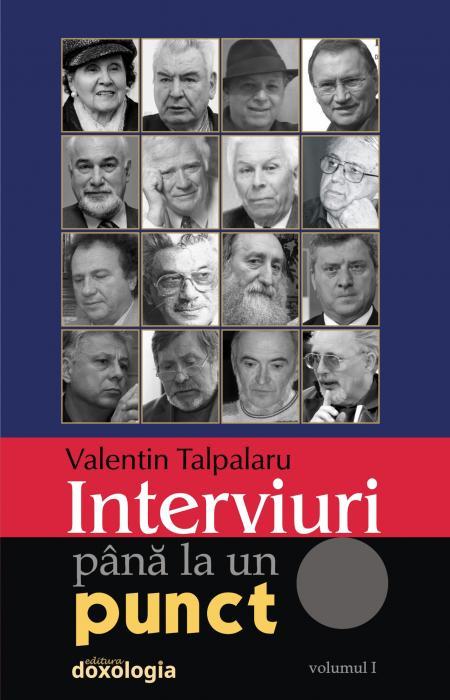
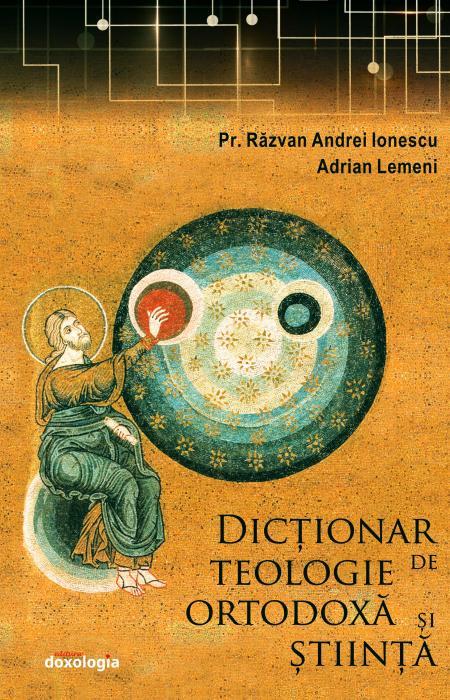


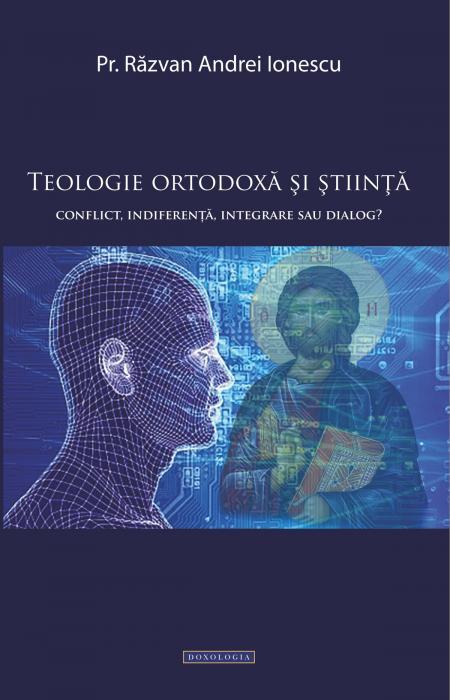


Add new comment